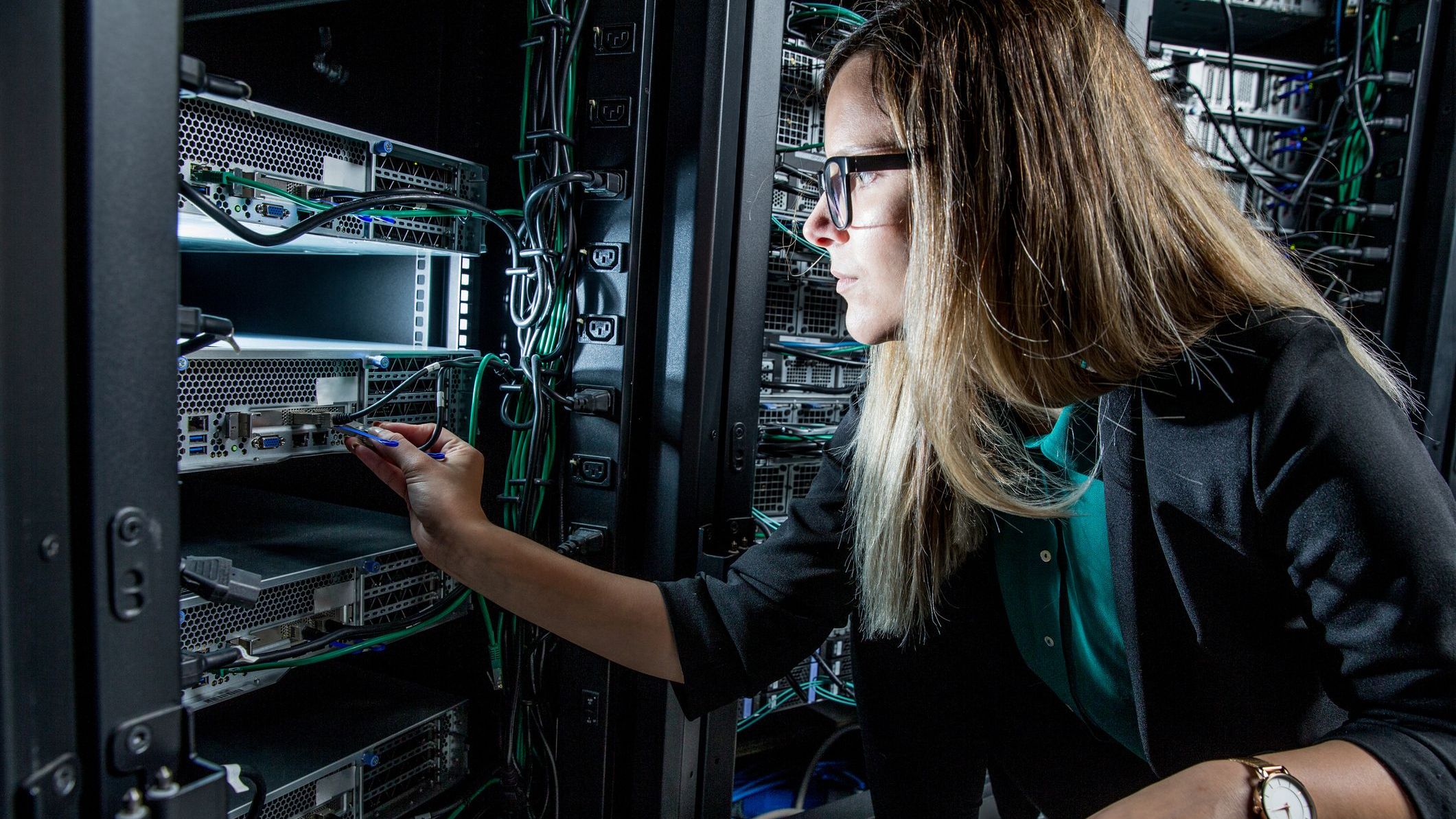Consultation on EU’s Future Connectivity Networks: (Again) No Support for Regulatory Intervention

Main takeaways
- The results of the European Commission consultation on the EU’s future digital infrastructure needs are finally out
- 67% of respondents oppose regulatory intervention in IP interconnection
- Majority rejects extension of the EECC telco obligations to cloud and digital services
- Big telecom operators remain the only ones supporting such detrimental ideas. With a new Commission, it’s time for a fresh start.
September wasn’t just back to school for Brussels, but also back to discussing the future of Europe’s digital infrastructure and the EU telecoms sector. The Draghi report “is right on many issues, but […] wrong on telecoms” the authors of a CEPR article concluded last week, and I could not agree more.
Now is the time to look beyond old ideas. If politicians truly listen to all ideas, there is an actual chance to achieve better connectivity and greater competitiveness for Europe. For example, by adopting a technology-neutral approach to the 2030 connectivity targets that does not only focus on propping up telcos or disrupting the internet, and by avoiding overregulation of the cloud sector.
Earlier this year, stakeholders were invited to respond to the Commission’s latest telecoms consultation. The outcome is clear: a clear majority is still against “network fees,” “arbitration mechanisms,” additional cloud regulation, or whatever way the flawed “fair share” idea is rebranded.
67% of stakeholders reject regulation in the IP interconnection market
Of submissions that address possible regulation of the IP interconnection market (116 out of 357), 67% of respondents are against regulatory intervention. Only 28% are in favour, while the remaining 5% adopt a neutral stance. As a reminder, regulating IP interconnection could entail the introduction of network fees through a backdoor.
Critical voices range from the Dutch Ministry of Economic Affairs and consumer associations to the creative sector, broadcasters, smaller telecom associations, and publishers. But they also include start-ups, internet exchange points, and the video games sector.
On the other side, just like last time, we only find telecommunications companies and their trade associations. No one else. The “fair share” narrative lost all remaining popularity in favour of a repackaged “dispute resolution mechanism”. It sounds better, but is just as toxic. “A pig with a whig is still a pig,” as Barbara van Schewick panned the idea.
Key stakeholders have made strong cases against such an arbitration mechanism. The Internet Society (ISOC), for instance, warns that: “[a dispute resolution mechanism] would conflict with the Internet’s voluntary interconnection model, undermine network resilience, and risk a fragmentation of the global network. Moreover, mandating such a payment mechanism based on traffic volumes corresponds to a ‘sender pays’ settlement regime, which has been rejected by organisations such as BEREC and the broader Internet community in the past.”
Dutch ICT association NL Digital stresses that the Commission’s proposal “to extend dispute resolution to cloud and [content delivery network] (CDN) providers is a disguised attempt to revive the previously rejected proposal for ‘network fees’ or a ‘fair contribution’ from digital actors. By introducing new mandatory dispute resolution processes between telecom operators and cloud/CDN providers, the European Commission is effectively creating a framework to demand fees or ‘contributions’ from these digital intermediaries.”
Indeed, telecom operators hold a uniquely privileged position as intermediaries between digital service providers and customers, acting as the ‘gatekeepers’ of access to the internet. By entertaining a mechanism that would allow telcos to demand fees from cloud and CDN providers, it almost seems like the Commission is propping up the very thing it claims to be wary of: harmful gatekeeping behaviour.
54% opposes extending the EECC to cloud and digital service providers
142 out of 357 stakeholders addressed the Commission’s suggestion for a potential extension of the European Electronic Communications Code (EECC) for telcos to include cloud and digital service providers in the future. Of these, 54.3% are against the idea, 35.2% in favour, and 10.5% remain neutral.
Once again, critical stakeholders are start-ups, consumer associations, alternative telcos, internet exchanges, civil society groups such as Epicenter.works and ISOC, as well as plenty of national tech associations – such as Ametic, Anitec Assinform, and BREKO. Unsurprisingly, among supporters of the idea we only find telecom operators and related stakeholders again.
The majority concludes that there simply is no market failure that requires regulatory intervention, nor any economic or security concerns that would justify extending the scope of the EECC to cloud providers. It is clear that cloud service providers and telecom companies play very different roles in the internet ecosystem.
As competitive telco association ECTA puts it: “[we do not] acknowledge any cases that would require a review of EECC’s scope of application due to network cloudification or virtualization. As a matter of fact, the current competition in the markets is the key factor that enables their evolution. In addition, it is objectively clear that local access and backhaul telecommunications networks constructed and operated on the basis of trenches, manholes/handholes, underground ducts, poles, cables […] are not in any way substituted by cloud infrastructure or services, or the providers thereof.”
Similarly, the Czech Telecommunications Association points out that: “the Commission is completely mistaken in the White Paper regarding the convergence of cloud and telecommunications. […] There is no reason why the use of cloud services by telecommunications operators should lead to the regulatory integration of [the] cloud. […] It is similar to suggesting that cloud services used by pharmaceutical manufacturers should be subject to pharmaceutical laws.”
An extension of the EECC would thus create undue overregulation and ultimately harm Europe’s ability to reach its 2030 Digital Decade targets. It would be like tying the laces of a runner’s shoes right at the starting line.
The way forward
This is the second time in just as many years that European stakeholders have been asked by the Commission to give their opinion on the future of the connectivity sector. Again, the message is loud and clear: no regulatory intervention is needed, these sectors function properly or are already highly regulated.
Any legislation should be based on clear market failure. And that is undeniably absent in the IP interconnection market and in the cloud space. The new Commission can help jumpstart Europe’s competitiveness by detaching itself from failed ideas to focus on positive proposals that will help the connectivity sector as a whole.








